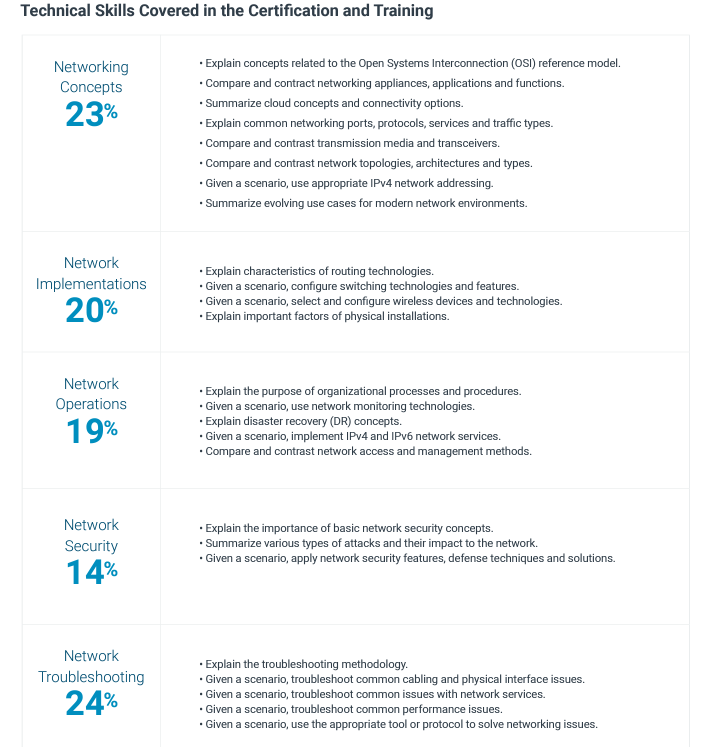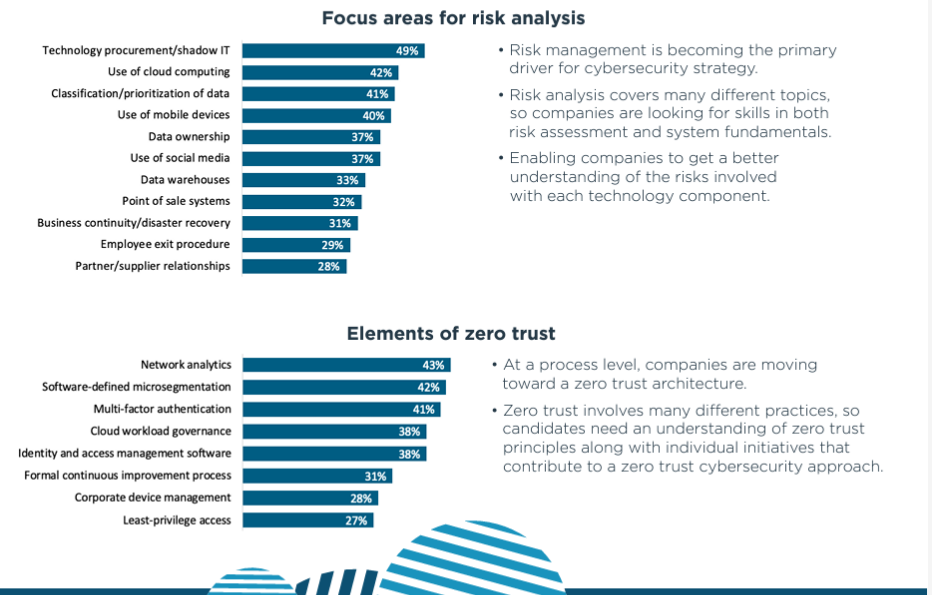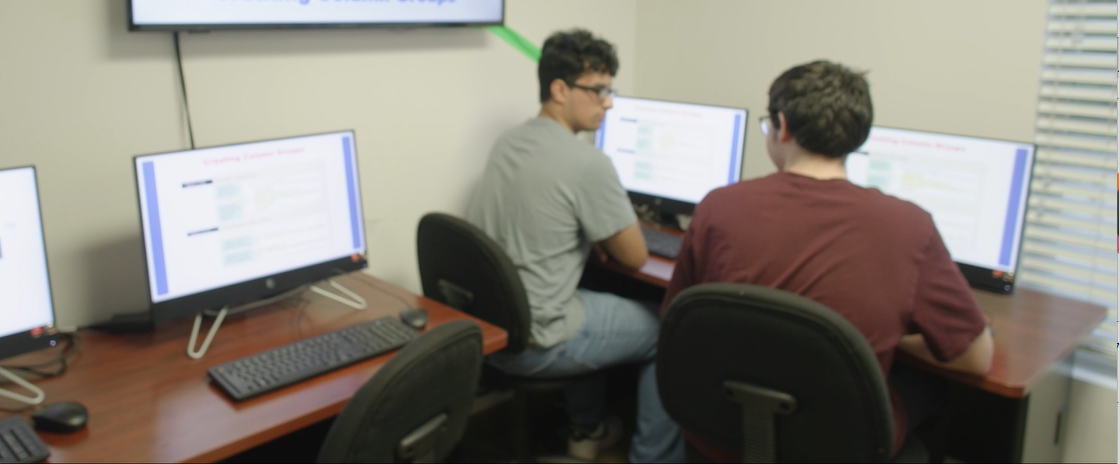10:00 AM– 3:00 PM
40 hours

10:00 AM– 3:00 PM
40 hours
10:00 AM– 3:00 PM
35 Hours
10:00 AM– 3:00 PM
35 Hours
10:00 AM– 3:00 PM
40 Hours






CompTIA A+ certified professionals are proven problem solvers. They support today’s core technologies from security to networking to virtualization and more. CompTIA A+ is the industry standard for launching IT careers into today’s digital world.
CompTIA A+ is the only industry recognized credential with performance testing to prove professionals can think on their feet to perform critical IT support tasks. It is trusted by employers around the world to identify the go-to person in end point management & technical support roles. CompTIA A+ appears in more tech support job listings than any other IT credential.
The CompTIA A+ Core Series requires candidates to pass two exams: Core 1 (220-1101) and Core 2 (220-1102) covering the following new content, emphasizing the technologies and skills IT pros need to support a hybrid workforce.
CompTIA Network+ validates the technical skills needed to securely establish, maintain and troubleshoot the essential networks that businesses rely on.
Unlike other vendor-specific networking certifications, CompTIA Network+ prepares candidates to support networks on any platform. CompTIA Network+ is the only certification that covers the specific skills that network professionals need. Other certifications are so broad, they don’t cover the hands-on skills and precise knowledge needed in today’s networking environments.
CompTIA Network+ features flexible training options including self-paced learning, live online training, custom training and labs to advance the career development of IT professionals in network administration.


Security+ is compliant with ISO 17024 standards and approved by the US DoD to meet directive 8140/8570.01-M requirements. Regulators and government rely on ANSI accreditation, because it provides confidence and trust in the outputs of an accredited program. Over 2.3 million CompTIA ISO/ANSI-accredited exams have been delivered since January 1, 2011.
CompTIA Security+ is the first security certification your candidate should earn. It establishes the core knowledge required of any cybersecurity role and provides a springboard to intermediate-level cybersecurity jobs. Security+ incorporates best practices in hands-on troubleshooting, ensuring candidates have practical security problem-solving skills required to:
EXAM ACCREDITATION
The CompTIA SecurityX exam is accredited by ANSI to show compliance with the ISO 17024 standard and, as
such, undergoes regular reviews and updates to the exam objectives.


Dr. Juan Rodriguez
Professor Rodriguez holds a Doctoral degree from NJCU, Master’s degree in Cyber Security from Mercy College and a BA in Psychology from John Jay. He is currently Professor in Cybersecurity at SUNY Westchester. He is certified in A+, Network + and Security+ and has a background teaching hardware skill as well as software and cybersecurity. He has also taught as an adjunct at BMCC, Lincoln Tech, Mercy College, Union County CC, and Guttman CC. Much of his teaching experience is in the area of networking, however he has taught cyber security and programming at Union CC since January 2018. He also has substantial “help desk” experience.

Program Description
A full-stack developer is a developer who works on both frontend and backend parts of the application.
Frontend covers the presentation part – a part that is responsible for user engagement and user interaction. Full stack developers require to know basic frontend languages like HTML/CSS, JavaScript, and important aspects of frontend development like validation, responsiveness, and user experience. They will learn at least one front-end framework. They will be well acquainted with front-end development and continuously look for new things and updates.
As a full stack developer, they will learn the backend skills to create the applications that the user does not see. Back-end developers focus on the logic of the site, creating servers, and working with databases and API's (Application Programming Interfaces) and server configuration. They must possess expertise in at least one backend language and respective backend frameworks.
Database management is also an essential part of full stack. They will learn how to work with basic database functionalities like storing, creation, management, manipulation, and deletion of data. Knowledge of database software is one of the core skills of a full stack developer.

